Kategoria: Education
-
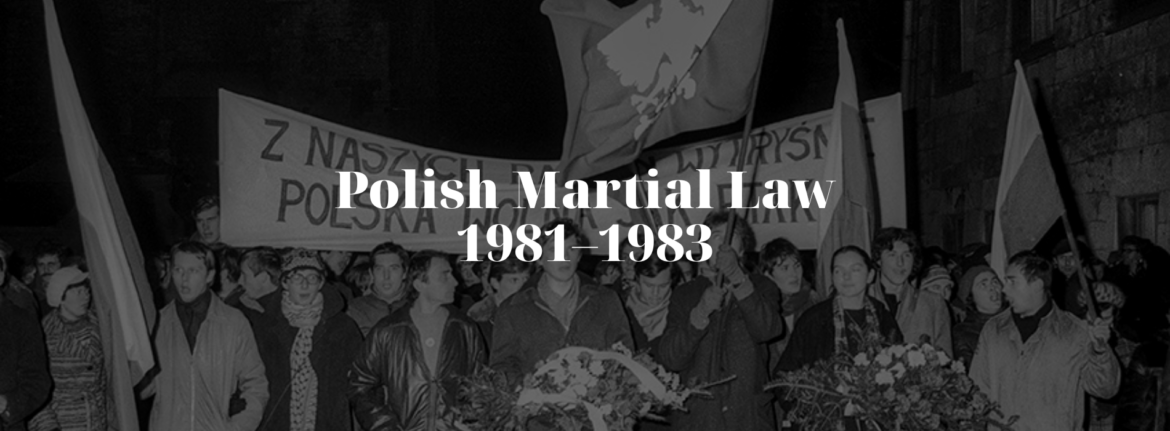
The imposition of martial law in Poland on 13 December 1981 marked one of the darkest chapters in the country’s modern history. Introduced by General Wojciech Jaruzelski and the communist authorities, it was a desperate attempt to suppress the growing opposition spearheaded by the Solidarity movement (Solidarność). This dramatic period of oppression left a profound…
-

The era of the Polish People’s Republic (Polska Rzeczpospolita Ludowa, PRL) spanned from 1947 to 1989, marking a significant chapter in Poland’s 20th-century history. Defined by communist rule under the influence of the Soviet Union, the PRL left a complex legacy, blending industrial progress and social reforms with political oppression and economic hardships. The Establishment…
-
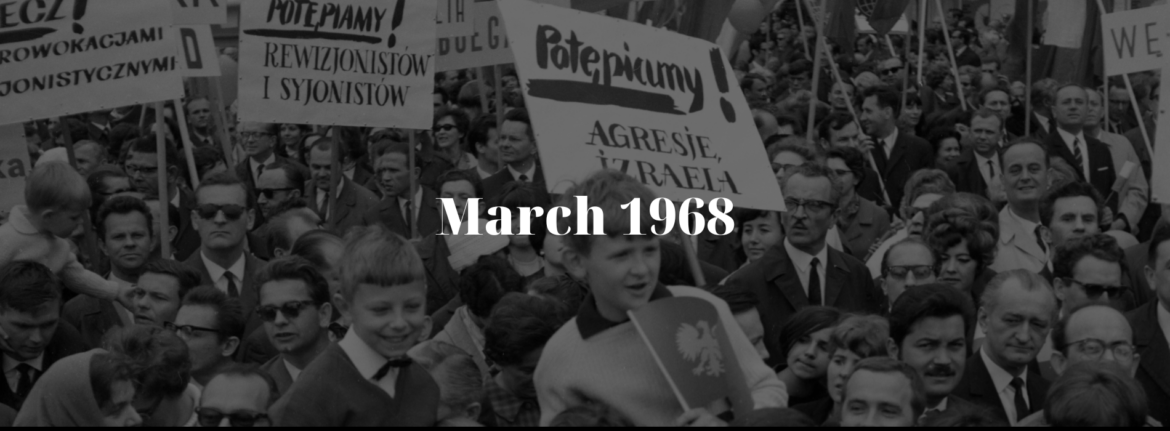
The events of March 1968 (Marzec 1968) in Poland were a pivotal moment in the country’s history, marking the intersection of political repression, student protests, and an anti-Semitic campaign that would leave a deep scar on Polish society. What began as a demonstration for cultural freedom quickly escalated into a nationwide crisis, revealing the extent…
-

The 1990s were a defining decade for Poland, marking a transition from decades of communist rule to a democratic political system and a market-based economy. These transformative years brought both great opportunities and significant challenges, shaping the nation’s modern identity. The End of Communism and the Dawn of Democracy The collapse of the communist regime…
-

The Polish Tatars are a unique and resilient community, with a legacy stretching back over 600 years. Known for their distinct traditions, language, and religious customs, the Tatars in Poland represent a rich blend of cultures, influenced by their Islamic faith and deep connection to Polish society. Today, the Tatars maintain their unique cultural identity…
-
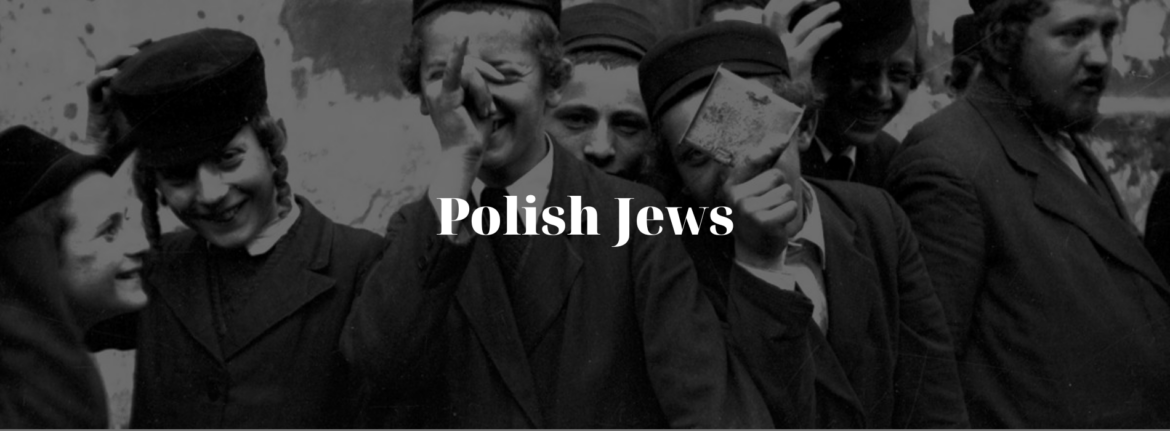
The culture of Polish Jews, forged over centuries, is a remarkable fusion of religious heritage, linguistic diversity, and unique customs that have shaped Polish society in profound ways. Jewish communities in Poland have faced cycles of prosperity, persecution, and resurgence, leaving an indelible mark on Polish identity. Today, a renewed interest in Jewish culture and…
-
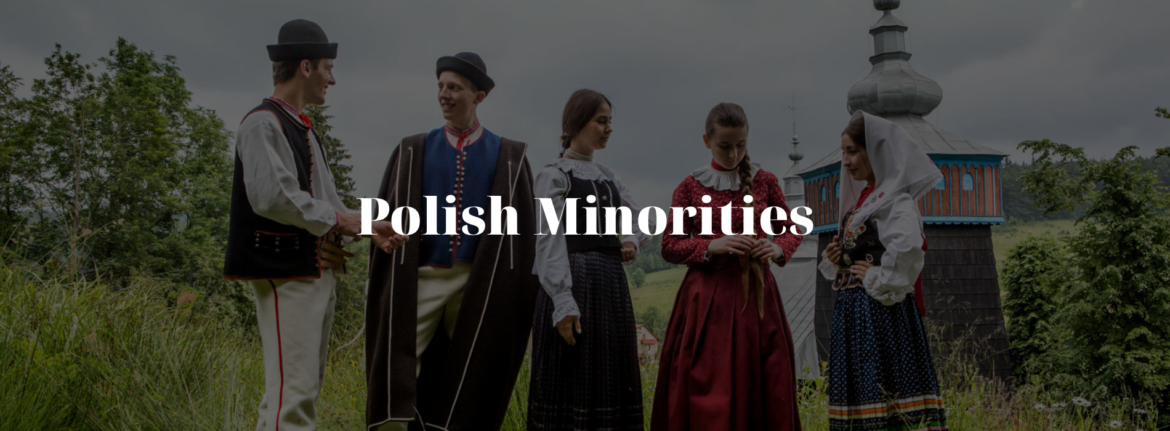
The Lemkos, an ethnic minority group primarily residing in Poland’s Beskid Mountains, are known for their resilient culture, distinct traditions, and deep-rooted connection to the Carpathian landscape. This unique community has preserved its identity through generations despite significant historical challenges. From their language and religious customs to vibrant festivals and folklore, the Lemkos offer an…
-
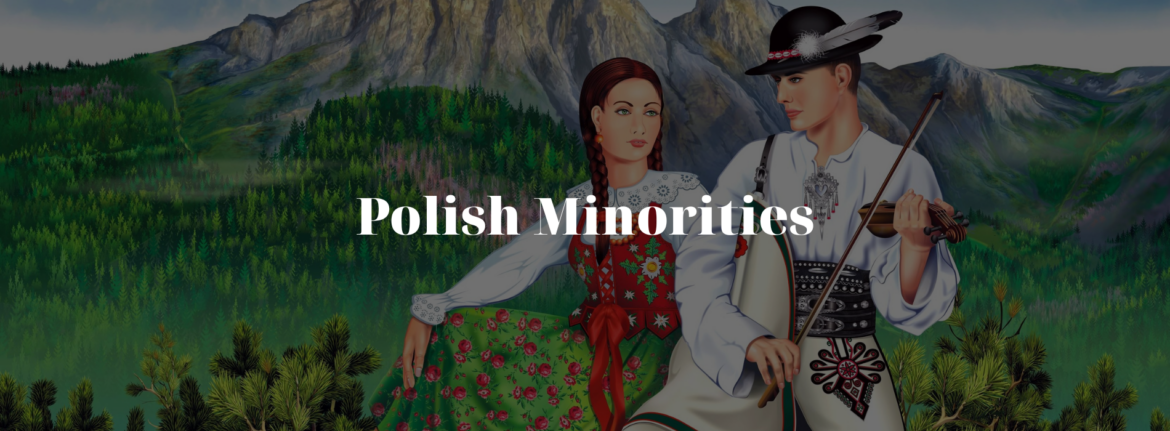
Poland is a nation shaped by the cultural wealth and diversity brought by its various national and ethnic minorities. Defined by Polish law, national minorities are groups with a historic bond to the country, preserving unique languages, traditions, and cultural practices. Ethnic minorities, while also distinct in culture and language, generally lack a national affiliation.…
-
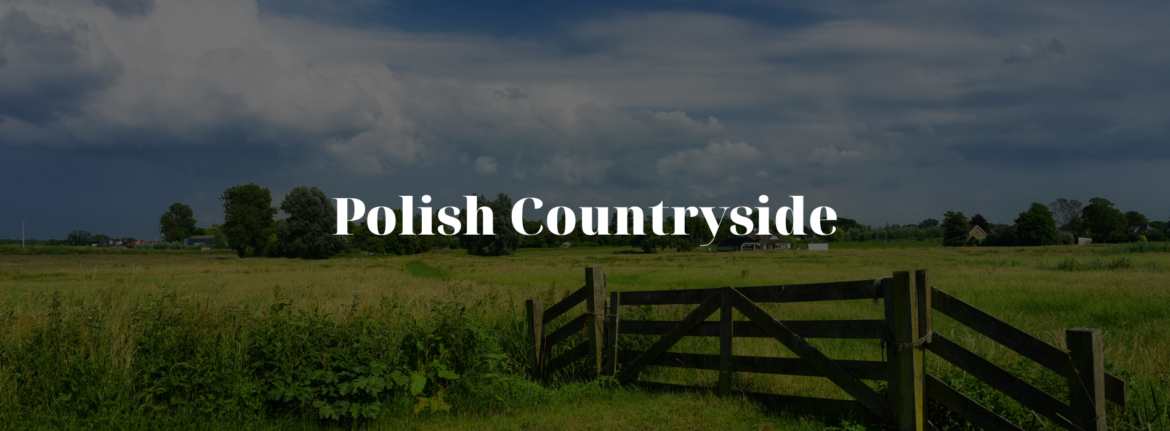
The Polish countryside has long held a special place in the nation’s history and cultural identity. From traditional customs to the agrarian lifestyle, the Polish countryside has shaped and preserved unique elements of the national heritage, which still echo through the country’s culture today. It was here, amid the farmlands, forests, and meadows, that traditions…
-
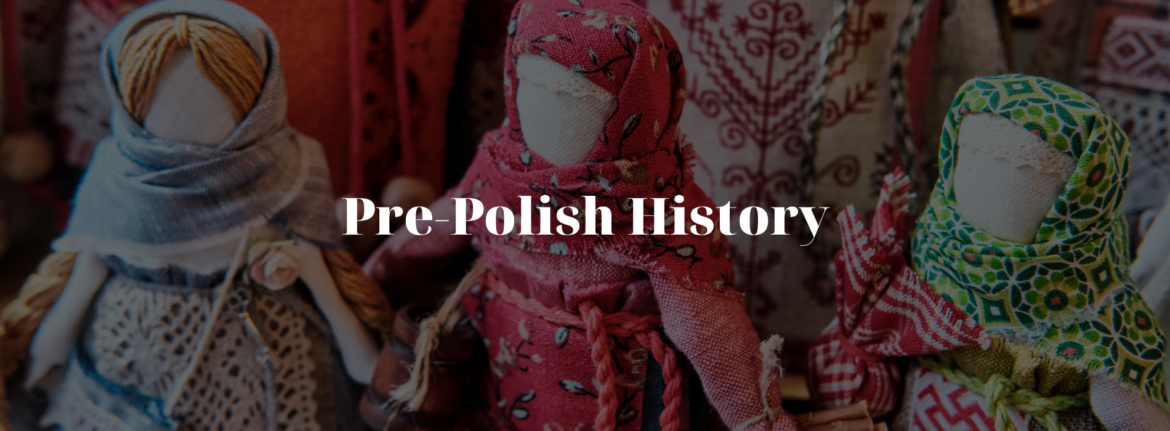
Before the establishment of Poland as a nation, the lands that would become Polish territory were home to vibrant Slavic tribes with a rich tapestry of traditions, beliefs, and social structures. These early communities laid the cultural groundwork that still influences Polish society today. From unique spiritual practices and festivals to agrarian lifestyles and communal…